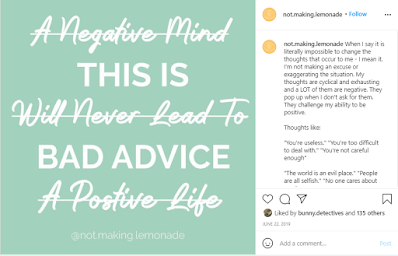Developing ... World Libraries
As soon as I heard this week’s topic in Aaron Mueller’s Sunday Video, I knew what I wanted to write about. I remember reading about a tribe in the Amazon rainforest that uses generators, solar panels, laptops, and satellite internet to create their own self-directed “universities”. They learn what they choose, whether literacy skills or hands-on techniques, such as carpentry and metalwork. I thought the idea had a lot of merit.
So-called “developing nations” need not go through the same path that the Global West took to get to where we are (as if that’s so great). A pre-industrial culture can learn from a post-industrial culture, and in fact, might leapfrog to points beyond the post-industrial culture’s imagination. One need not learn how to use a wooden hammer before a metal hammer, for example.
As for the rest of the world, as our traditions become institutions, it may be valuable to interact with outsiders who can bring new ideas to the table. Moreover, everything that we are learning about sustainability, mental health, and society indicate that the indigenous people have the skills and traditions that the “developed” world has lost (or purposely thrown out in the pursuit of capital).
Alas, I could not find the original article that sparked all this reflection. I think it was in an issue of The Economist magazine, but I can’t properly cite it here.

Pages 100-101 from Bibliophile
Aaron’s mention of the Biblioburro reminds me of a page from the most excellent book by Jane Mount, Bibliophile.The book itself, which I highly recommend, is a celebration of reading, from the aesthetics of book cover design to beloved bookstores to reader- and writer-recommended books by genre. On pages 100-101, Mount discusses bookstores and libraries designed for remote areas from the Gobi Desert to Toronto. There is an emphasis on accessibility in all of these collections, such as the Garden Library for Refugees and Migrant Workers in Tel Aviv, Israel, which is open 24 hours a day, with 3500 books in 16 languages.
The others that Mount lists include:
- Il Bibliomotocarro: Basilicata, Italy
- Biblioburro: Magdalena, Colombia
- Walking Bookfairs: Bhubaneswar, India
- The Mongolian Children’s Library: Gobi Desert, Mongolia
- La Carreta Literaria: Cartagena de Indias, Colombia
- Biblio-Mat at the Monkey’s Paw: Toronto, Canada
And, while I don’t have time to go into it here, I did find a cool book entitled Improbable Libraries by Alex Johnson that I might consider having a closer look at. Also related: Off to Class by Susan Hughes, a book for kids about non-Western school structures.

I like the idea of those "Self-directed universities". Obviously the goal is that each person would obtain an education of relevance to them, however, I would not feel comfortable going to a doctor that was self taught- although maybe that is my own upbringing. As we help to bring our classes and school communities into inquiry and inquiry mindsets the closer this self-directed model is to our buildings. One of the schools that I teach at is a Montessori school and there is a lot more of this style of learning in that building already. It is very exciting and moving to see students following their passions and pursuing the answers to all of their questions. I am going to let loose in May here and have a diy/passion month for my art classes. Students will spend the month using books and the internet and other resources to teach themselves a new art skill of their choosing. I am still a little apprehensive but I am gunna do it!!!
ReplyDeleteHi Andrea,
DeleteWhile I have never taught in a Montessori school, I've always liked the concept. I am very intrigued by the idea of having an entire month dedicated to students self-teaching themselves a new skill related to the curriculum. It takes a lot of bravery to give up that kind of control, and also a lot of support. I imagine you and your students will learn a lot together this May.
Hi Lisa,
ReplyDeleteI agree with your points fully. I also hope I can find that article you referenced someday it sounds fascinating. When people talk about carbon emissions and pollution, China, and blame are often included in these discussions. Though many people don't realise that the industrial-revolution started in Europe, and grew in the United States. If you look at carbon pollution since the dawn of the industrial revolution, both the UK and the US had contributed more pollution to the atmosphere (I think almost double) than China. We know now how much of an error this was, the departmental effects, so why are we letting other "developing" countries repeat the same mistakes as us, when we have the knowledge and tools to help? We don't need to repeat the mistakes of the past, we need to learn from them and move forward together.
I also appreciate your book recommendations, I look forward to checking out "Improbable Libraries" and "Off to School."